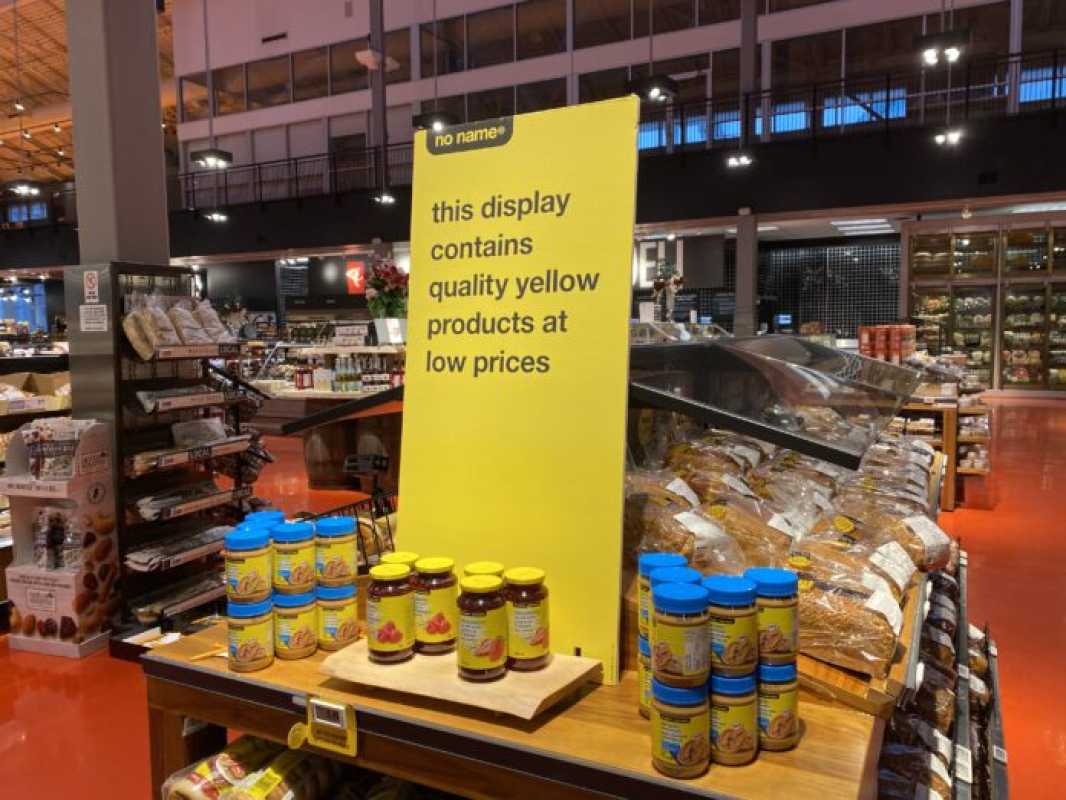Business
Loblaws Ends 50% Discount on Expiring Food Products, Facing Backlash from Shoppers

Canadian grocery retailer Loblaws has decided to discontinue the popular practice of discounting perishable foods by 50% when they near their expiration date. Previously, shoppers at Loblaw-owned stores, such as Loblaws, Zehrs, No Frills, and Valu-Mart, could take advantage of significant markdowns on last-day-sale items. However, starting now, the discount will be decreased to 30% off.
The change, which was confirmed by Loblaw’s vice-president of communications, Catherine Thomas, marks a significant shift for the company. The decision has drawn criticism from shoppers like Edmund Duarte, a 66-year-old senior citizen from Yarmouth, N.S. Duarte, who relies on the discounts to manage his fixed income, expressed his disappointment and called it a “slap in the face to all of us, especially the senior citizens.”
The Canadian Association of Retired Persons has also received numerous concerned phone calls from seniors across the country who rely on discounted perishable foods due to the pressures of the cost of living. Charles Levkoe, a Canada Research Chair at Lakehead University, noted that vulnerable individuals, particularly Black and Indigenous people who are more likely to face food insecurity, will be the most affected by this change.
Loblaw’s decision to reduce the discount has also raised questions about the company’s commitment to stabilizing grocery prices. Previously, Loblaw CEO Galen Weston had announced price reductions on staple items, but this move appears contradictory to those efforts. Food policy expert Sylvain Charlebois, director of Dalhousie University’s Agri-food Analytics Lab, reached out to Loblaw for clarification after receiving reports from concerned consumers. Loblaw’s response indicated that they are aiming for a more predictable and consistent offering, aligning themselves with their competitors.
Retail analyst Bruce Winder suggests that from a profit perspective, decreasing the discount will benefit Loblaw as shoppers are still likely to purchase the discounted items. However, he acknowledges that this decision may face criticism from a social perspective, highlighting the increasing expectations on corporations to prioritize community and consumer needs.
As Loblaw transitions from its previous discounting practice, it plans to offer additional discounts on the Flashfood app, where customers can find deals on products that would otherwise go to waste.












